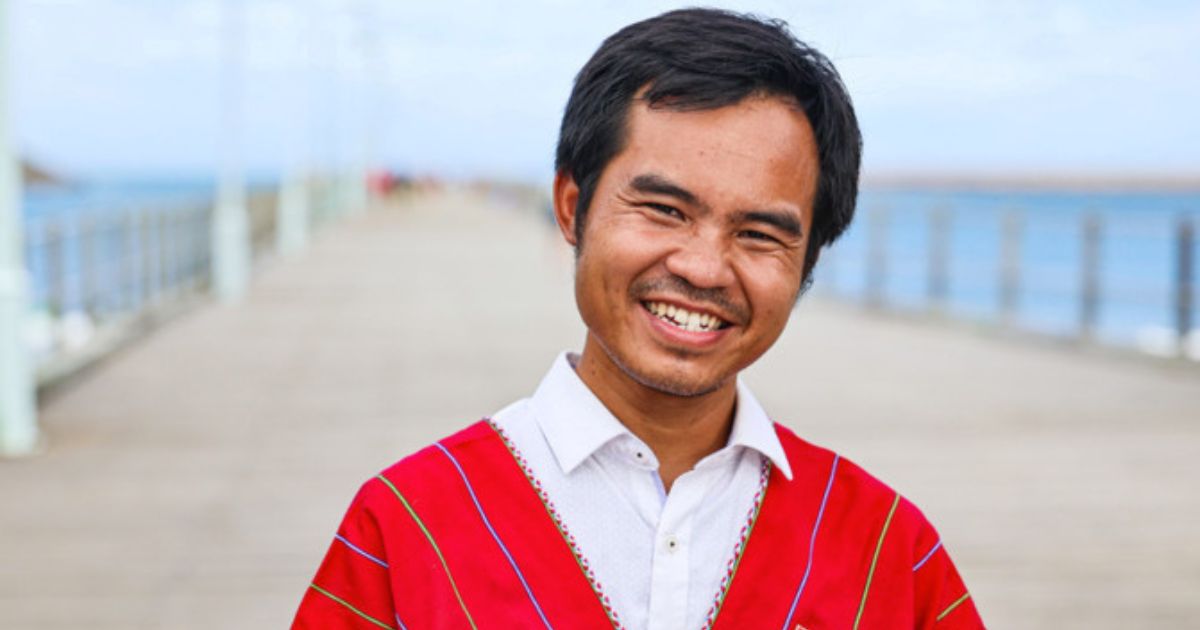Flood projects making a measurable difference to people’s lives
RESILIENT Lismore has published two reports that reveal while the community still needs help to recover from the 2022 floods, projects such as the Repair to Return initiative are making a real difference in people’s lives.
In July, the organisation led a door-to-door outreach and survey program across the Lismore flood zone.
Residents were asked about their recovery needs and experiences, and the status of their house repairs to gauge how they were recovering.
Resilient Lismore Executive Director, Elly Bird said the Lismore Flood Zone Survey and Outreach Report concluded that more than 2000 residents in over 1000 households across Lismore have not fully recovered from the 2022 flood and are under-prepared for any future disaster.
“It highlights shortfalls in recovery support for households that ‘fall through the cracks’ of existing disaster recovery and preparedness programs,” Ms Bird said.

“Further support is still needed to meet the particular needs of the people living in the flood zone, many of whom are also navigating challenging personal circumstances such as financial strain or living with a disability.”
A second report, the Social Impact Report, shared the results of a survey of Repair to Return project participants, volunteers, and workshop participants.
Formerly known as the Two Rooms Project, the program used volunteer labour to construct walls in two rooms of badly flood-damaged homes.
Gary from Buckendoon was struggling to get government help when he turned to Resilient Lismore, who helped him repair the framework of his house and replace damaged weatherboards.
“What they did was brilliant,” Gary said.

“They fixed the place up to keep the rain and wind out. Lucky they were around or there’d still be nothing done … it’s like living in a palace compared to what it was.”
Ms Bird said the report confirmed the project not only repaired homes and delivered workshops, it also helped improve the wellbeing of the people they worked with.
“Now we have the evidence that shows the value of a community-led and place-based approach to disaster recovery.”
She said it gave people hope and connection to their community.
The report noted that the wellbeing of respondents overall was lower than the national average, which Ms Bird said showed there was still a lot that can be done to support people recovering from the disaster.



















